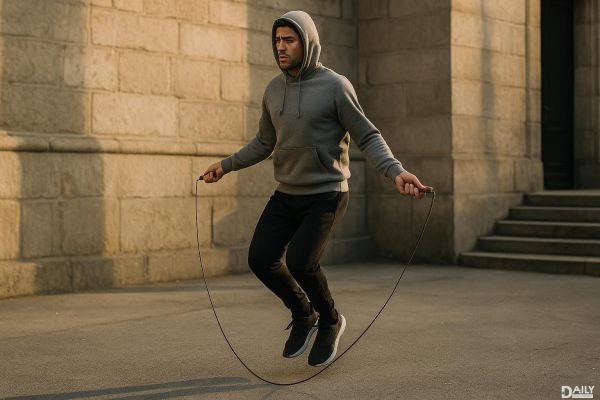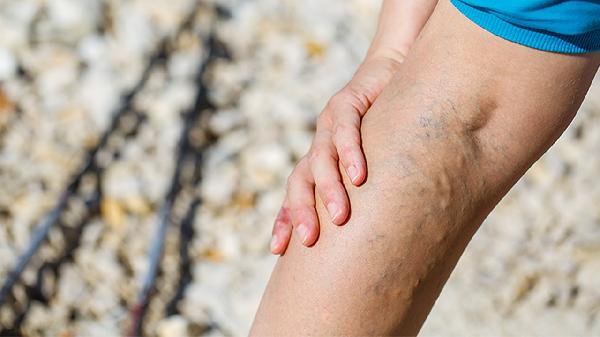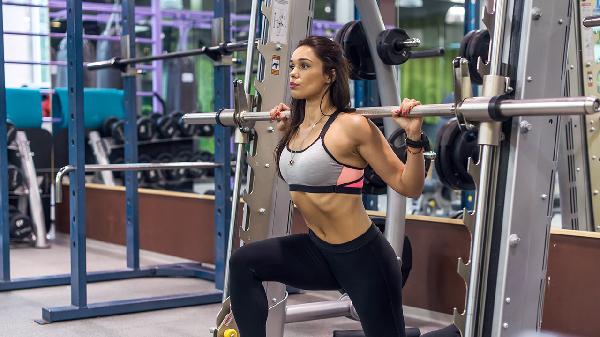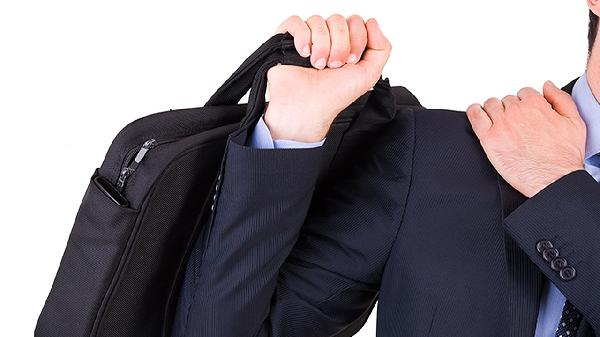Running isn’t just about lacing up your sneakers and hitting the pavement—it’s a deeply political act. From climate change to racial justice, the sport intersects with activism in ways many don’t realize. And if you think you can separate the two, think again. Recent debates on TikTok have reignited the conversation, proving that every stride you take carries weight beyond just personal fitness.
The Land Beneath Our Feet
Public lands are the lifeblood of runners, especially for ultrarunners and trail enthusiasts. These spaces aren’t just scenic backdrops—they’re training grounds, racecourses, and sanctuaries. But when policies threaten access to these lands, runners should take notice. The Trump administration’s mass layoffs in the U.S. Forest Service and National Park Service didn’t just mean fewer rangers—it meant increased wildfire risks and degraded trails. And let’s not forget the push to privatize public lands, a move that could lock out everyday athletes in favor of corporate interests. If you care about where you run, you can’t ignore who’s making decisions about it.
Air Quality and the Climate Crisis
Ever tried running in thick, polluted air? It’s like breathing through a straw. Climate change isn’t some distant threat—it’s already messing with runners’ lungs today. Wildfire smoke, smog, and rising temperatures make outdoor exercise riskier, especially for marginalized communities already burdened by environmental injustice. And when the U.S. pulled out of the Paris Agreement, it wasn’t just a political headline—it was a blow to every athlete who depends on clean air to train. Runners can’t afford to stay silent on policies that directly impact their health and performance.
Who Gets to Run Safely?
For women and people of color, running isn’t just about endurance—it’s about survival. Kathrine Switzer’s 1967 Boston Marathon run wasn’t just historic; it was a rebellion against a system that said women didn’t belong in the sport. Fast forward to today, and 92% of women still don’t feel safe running alone. The murders of Eliza Fletcher and Mollie Tibbetts aren’t isolated incidents—they’re reminders of the violence women face just for existing in public spaces. And for Black runners, safety concerns are even more pronounced. Ahmaud Arbery’s murder wasn’t just a tragedy; it exposed the deadly consequences of racism in a sport that should be freeing. If running is for everyone, why do so many have to fear for their lives while doing it?
The Hypersexualization of Black Women Runners
Black women runners don’t just face physical danger—they deal with harassment and objectification that white runners rarely experience. From catcalling to invasive questions about their bodies, the road is anything but welcoming. This isn’t just about discomfort; it’s about systemic racism playing out in real time. When influencers and policymakers ignore these realities, they’re telling Black women their safety doesn’t matter. Running culture has to confront this head-on if it wants to be truly inclusive.
What Now?
So where do we go from here? First, acknowledge that running and politics are inseparable. Support organizations fighting for public lands, climate action, and safer streets. Amplify the voices of marginalized runners whose stories are too often sidelined. And most importantly, hold brands, influencers, and politicians accountable when their actions (or inactions) harm the running community. The pavement doesn’t care about your political party—but it does reflect the world we’ve built. Let’s make sure that world is one where everyone can run free.
At the end of the day, running is more than a workout—it’s a statement. Every mile logged is a vote for the kind of future we want. So next time you tie your shoes, ask yourself: Who are you running for? And who gets left behind?
























